Marina Benjamin writes with a frankness, depth and wisdom that recalls the self-exploratory but world-revealing essays of Michel de Montaigne. In A Little Give, she turns her exacting philosopher’s mind, and opens her capacious heart to, her own life. Her essays, Tardis-like in their complexity, depth and range, scrutinise what has made and unmade her feminism, and then enabled her to make anew the feminism that has given her life both its personal and political trajectory:
While I’ve never stopped identifying as a feminist, I am less and less certain what it means to live as one. I don’t mean how to organise and mobilise collectively. I mean simply how to be.
This question of living, of how to be a woman, a feminist, yourself, at home – the realm of the body – and in the world – the realm of the mind – is a divide that many women find difficult to navigate. It can leave us feeling estranged in both the public and the private domain as the demands and the expectations of both become increasingly difficult to reconcile. It is this sense of not being legitimately at home anywhere that lies at the heart of this erudite and thought-provoking book.
The daughter of Iraqi-Jewish immigrants who found refuge, but not a sense of belonging, in London, Benjamin writes:
Exile twists families into strange contortions. It freezes them in the moment of leaving, creates an unnatural attachment to whatever cultural baggage makes it out intact… My greatest terror was that I would end up like my mother, wheels constantly spinning to little purpose. I chose the exit route, latching onto feminism… desperately hoping its liberation ideology would liberate me…With feminism in my corner I could remake myself against type… And yet as I rewired my head I recognised that something of the former programming remained.
For Benjamin, as for many women who escape the claustrophobic, feminine world of the home with all its repetitive and thankless housework and launch themselves into the masculine world of the mind and money-earning work, a feeling of internal exile – of being split between two irreconcilables – persists. It is through this divide that the ‘former programming’, bedded into the bones of Benjamin’s girlhood, surfaces:
Sometimes I think that carrying – other people, the continuity of history, generational identity, the emotional load of the everyday – is the main thing that women do.
Tending for people can fill a woman who desires her own fulfilment and public achievements with understandable horror at the loss of time and self that it entails. But it is an ancient and familiar crone of a ghost that summons Benjamin back down among the women, exhorting her, as is expected of a ‘proper’ woman, to give herself over to the care of others, to freight herself with their needs. But it is also what she has to do, being, like so many women in mid-life, responsible for the well-being of old parents and young children. What alternative is there, apart from abandonment, but to care? ‘My [widowed and infirm] mother trained her hopes of companionship on me like a heat-seeking missile,’ she writes; ‘but we both understood there was no one else.’
And then the Covid pandemic turned the world outside in. The partition between the public realm of work and the private realm of the body was removed, and the amount of effort it takes for (mainly) women to keep everybody clean and alive became apparent. During the lockdowns, when we saw care homes become carcerals in which the oldest, sickest and most vulnerable were held en masse in solitary confinement, it was carers who occupied the public realm. The everyday drudgery that holds disease, chaos, dirt, hunger and loneliness at bay was there for all to see. Without this repetitive work any kind of decent living is impossible. As care became public, so it became political.
Upending the spatial arrangements of sexual politics and gendered divisions of labour meant that all aspects of care could, at least for a time, be seen from a different perspective. When Benjamin writes about the daughterly labours of love that she cannot in any moral or practical sense escape, she discovers, to her surprise, that she finds solace in her immersion in housework and in looking after the people, dogs and things she dwells among. This prompts her to revisit the second-wave feminism that liberated her as a young woman, but which no longer makes sense of herself, or the world and how she is in it now:
According to Simone de Beauvoir, housekeeping is the worst kind of Sisyphean torture, the labour it consumes endless, repetitious, mindnumbing… But what if this perpetual present, full of busy work and unpaid labour, of dirt, decay and inevitable entanglements with others, is life itself?
The division between self and other, mind and body – between what de Beauvoir terms it transcendence and immanence – is both a fiction of patriarchy and an impossibility. The body and its persistent needs can only be ignored or sublimated for a time because, as Virginia Woolf writes in ‘On Illness’, ‘at every turn the body intervenes’.
Benjamin’s brutal, surgery-induced menopause, the subject of her previous memoir, The Middle Pause, altered the course of her life and her thinking, bringing as it did, uninvited and unexpected, her body home to her. In turning her attention to that suffering body, and the bodies of others, she elucidates what it means to live as a woman whose liberation began with second-wave feminism – a movement immeasurably beneficial to women’s rights in the world – but which has led her to another place:
Today’s philosophical fashion for embodied cognition… suggests that thought itself is rooted in and also inseparable from the very world it describes; insists that our intimate entanglements with people and with things is necessarily generative…The return to the body is my radical feminist turn.
A Little Give is a memoir, but it can also be read as a manifesto for living in greater ease with change and decay, which is metamorphosis, which is life itself. Benjamin shows us that peace – or an armed truce – between the intellect with the body’s pains and pleasures is both possible and pleasurable. ‘I am all for a scandalous feminism,’ she writes, ‘wayward in its nature and its talk.’
Got something to add? Join the discussion and comment below.
Get 10 issues for just $10
Subscribe to The Spectator Australia today for the next 10 magazine issues, plus full online access, for just $10.
You might disagree with half of it, but you’ll enjoy reading all of it. Try your first month for free, then just $2 a week for the remainder of your first year.

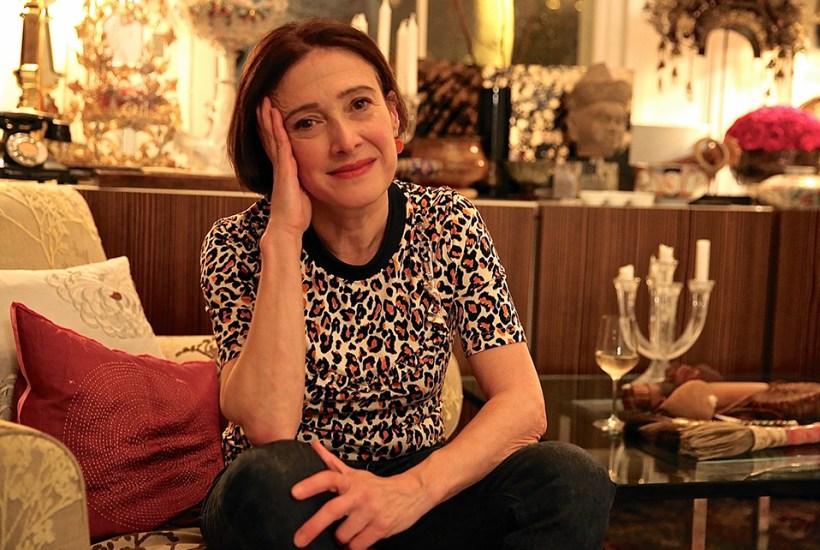
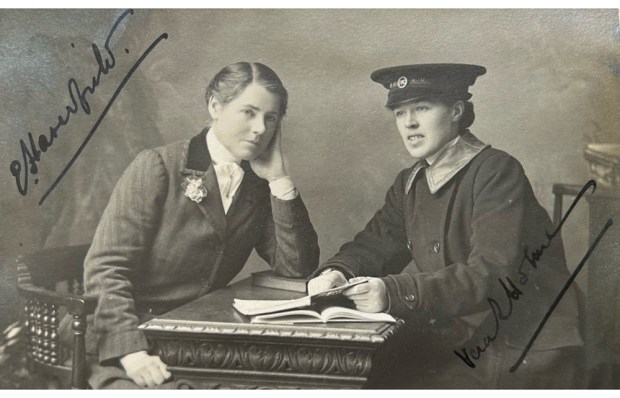
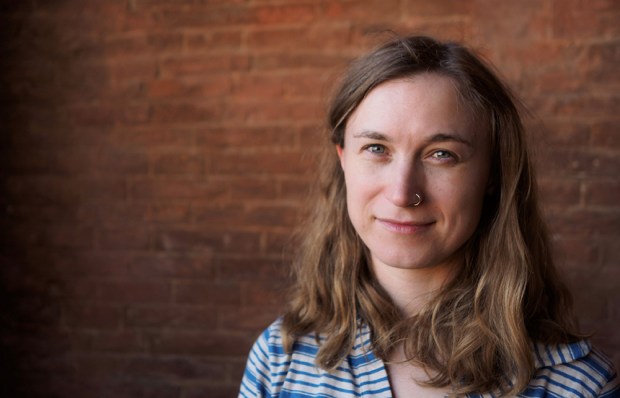
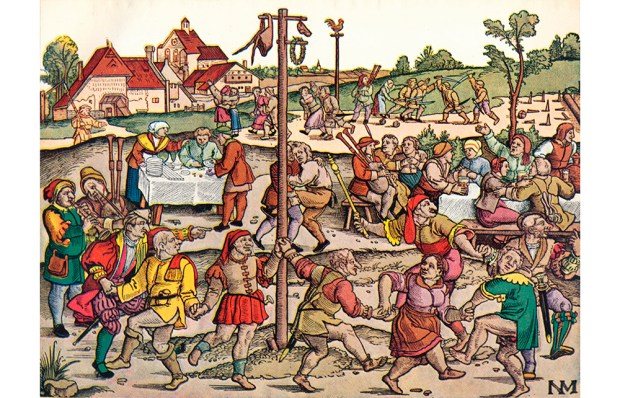
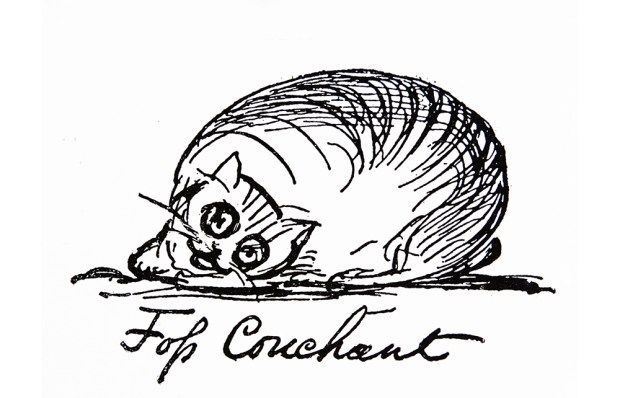
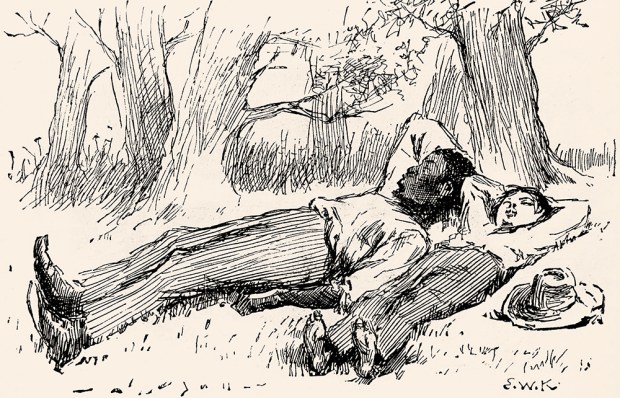







Comments
Don't miss out
Join the conversation with other Spectator Australia readers. Subscribe to leave a comment.
SUBSCRIBEAlready a subscriber? Log in